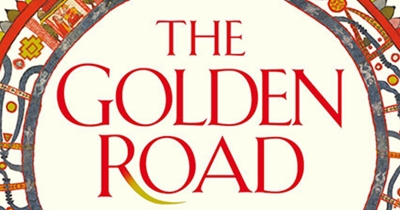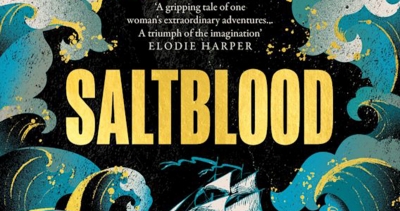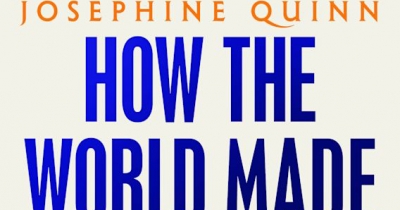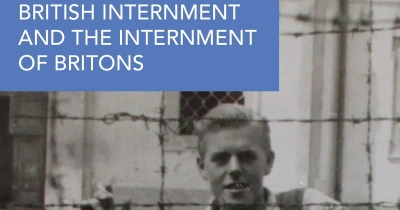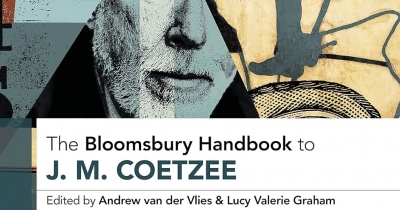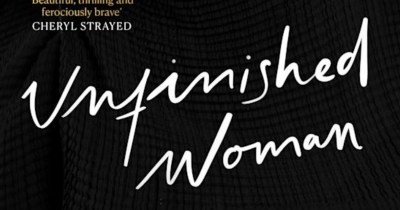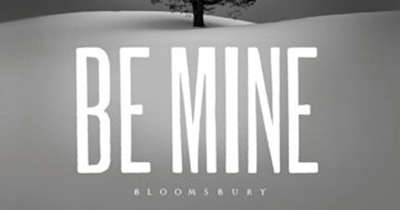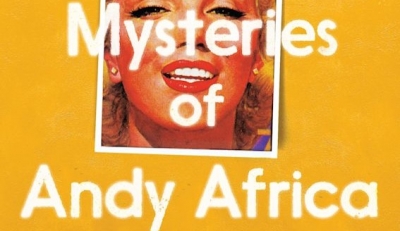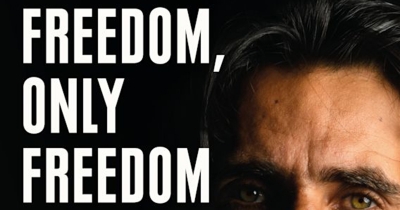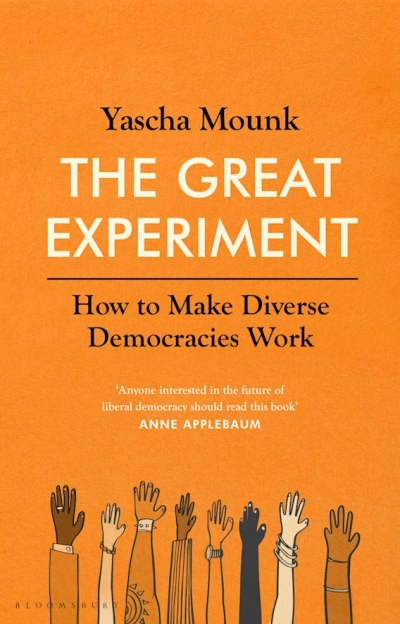Bloomsbury
The Golden Road: How ancient India transformed the world by William Dalrymple
by Marika Vicziany •
How the World Made the West: A 4,000-year history by Josephine Quinn
by Miles Pattenden •
British Internment and the Internment of Britons: Second World War camps, history and heritage edited by Gilly Carr and Rachel Pistol
by Seumas Spark •
The Bloomsbury Handbook to J.M. Coetzee edited by Andrew van der Vlies and Lucie Valerie Graham
by Tim Mehigan •
The Five Sorrowful Mysteries of Andy Africa by Stephen Buoro
by Andrew van der Vlies •
Freedom, Only Freedom by Behrouz Boochani, edited and translated by Omid Tofighian and Moones Mansoubi
by Hessom Razavi •
The Great Experiment: How to make diverse democracies work by Yascha Mounk
by Ben Wellings •

